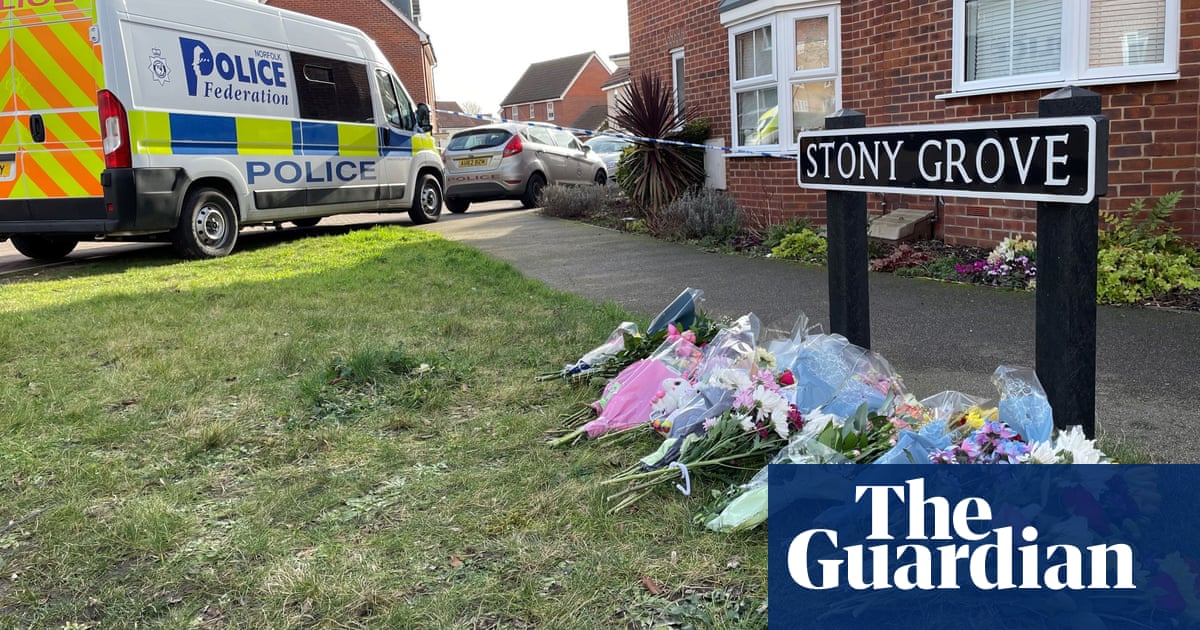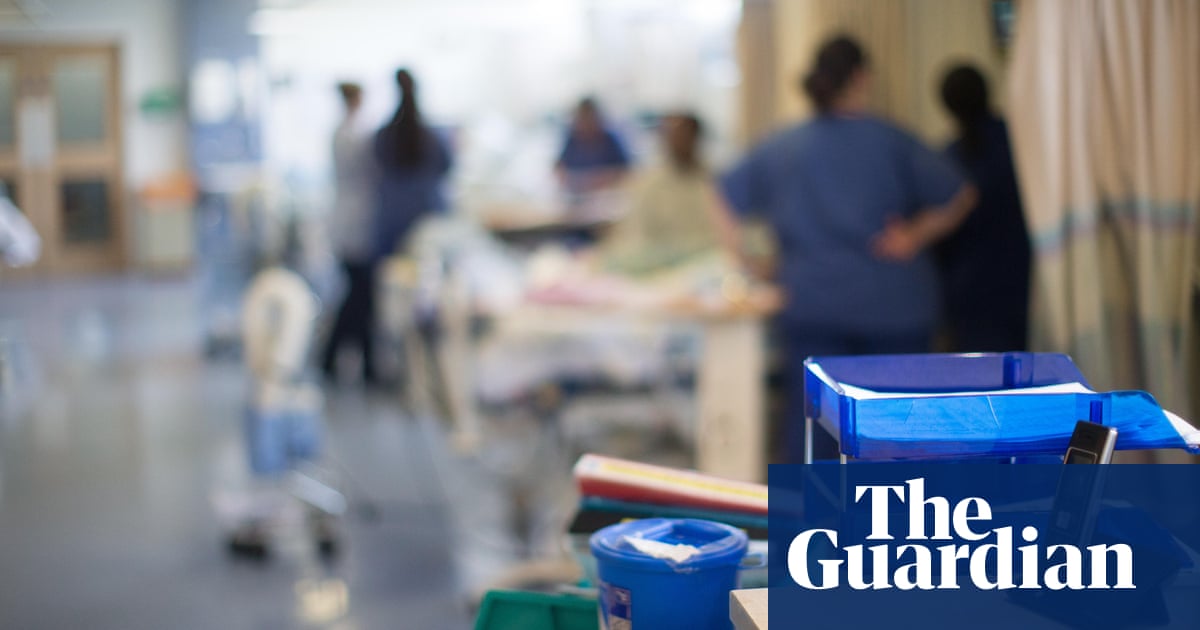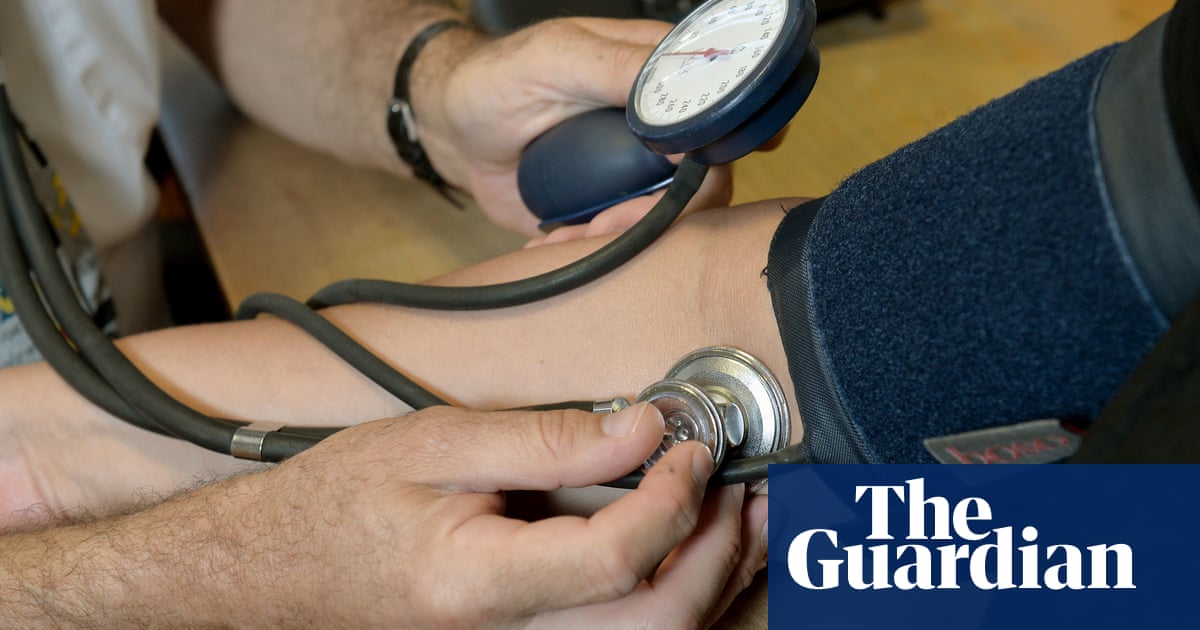
Grieving families of NHS and social care workers who died after contracting coronavirus in the course of their duties will be entitled to a £60,000 payment, ministers announced on Monday as the reported death toll for frontline workers rose to 134.
The health and social care secretary, Matt Hancock, said families will receive the payment as part of a “life assurance scheme” and expressed a “deep personal sense of duty” to care for their relatives.
Amid criticism over the failure to provide frontline workers with adequate personal protective equipment (PPE) and testing, he admitted that “nothing replaces the loss of a loved one”.
Relatives of those who have died welcomed the money but said it would not make up for their loss, and warned it should not distract from the need to protect those working alongside coronavirus patients.
They added a hope that the new scheme would be easily accessed and open to everyone, and that the government would value NHS workers more in future.
Michael Tun, whose father Dr Peter Tun, a neuro rehabilitation specialist at the Royal Berkshire hospital in Reading who died aged 62 after contracting coronavirus, said: “I would rather have my dad than the money”.
He added: “These new payments are welcome. And I’m sure they will help a lot of families. But they shouldn’t distract from the key issues around PPE, including the continuing shortages - real attention should be given to that - the distribution of it and how the guidelines are formed, followed and interpreted [by hospitals].
“There needs to be accountability over the guidelines. I would rather have my dad than the money, absolutely, 100%.”
Dr Rehana Akther is the wife of Abdul Mabud Chowdhury, a consultant urologist who died aged 53 at Queen’s Hospital in Romford, east London, after warning the prime minister over the lack of PPE. She said: “I appreciate the government trying to do something for the loss of lives, however his life was invaluable and money cannot replace it.” The consultant’s 11-year-old daughter, Wareesha Chowdhury, added: “Money does not make up for the fact that the government had such a late response to coronavirus.”
Amal El-Hawrani, the youngest sibling of Amged El-Hawrani, a 55-year-old ENT consultant from Queen’s Hospital in Burton who died from coronavirus, said: “We welcome the initiative. It is more relevant to my sister in-law and nephew who don’t want to speak to the media but on their behalf would welcome any contribution from the government to recognise the sacrifice loved ones made not just now but throughout whole time working for the NHS.”
He added: “But what is more important is that the government appreciate doctors and nurses going forward. They have had a hard time for the last 15-20 years – they had a 1% cap on [the] limit for salaries, and they tried to lift that and the current government voted against that. There is nothing more noble than what they do, everything for [the] benefit of others, but so harshly treated … We hope to see something long-term for their benefit, large increases in their salaries.”
There were also worries about the scheme. The family of Donald Suelto, 51, who died alone after treating a patient infected with coronavirus at Hammersmith hospital in London, said that they hope they would qualify despite failing to get his death certificate.
“We can prove Donald died of Covid-19 but we are struggling at the moment to get his death certificate,” said Ian Robertson, the husband of Suelto’s niece Emylene Suelto Robertson. “I fear the government will make it hard for people to prove they deserve the money, there will be some nurses who died in the community who will not get the £60,000. I am not trying to be negative. It’s good but I am worried it will be hard for families to get it.”
Hancock said that 82 NHS workers and 16 social care staff have died during the pandemic. A Guardian count has recorded 119 deaths of health professionals while Nursing Notes, a platform run by nurses for others in the profession, has found that at least 134 health and care workers have died of coronavirus.
The website has been recording all deaths since the outbreak began, verifying all the information they receive using a number of independent sources and permissions sought from family, friends or colleagues.
Hancock has repeatedly been challenged over whether frontline workers have adequate PPE to prevent them from contracting the disease.
Speaking at the daily Downing Street press conference, where he announced an increase of 360 in the number of hospital deaths from the virus, Hancock said the NHS had been able to make treatment available to everyone who needed it, throughout the crisis.
He said the government wanted to do “everything that we can” to support families dealing with bereavement. “I feel a deep personal sense of duty that we must care for their loved ones.” He added: “We are also looking at which other groups of key workers that applies to who don’t have a scheme already in place.”
Donna Kinnair, chief executive and general secretary of the Royal College of Nursing (RCN), said: “No amount of cash can make up for a family member who passes away but financial security should never add to the worries of those in grief.
“The RCN and other health unions fought for this government announcement and we will examine the detail closely. It must be easily accessed, open to those in social care and primary care too and be paid promptly – no family should face a lengthy or complex process.”
Shadow health minister Justin Madders said: “It is welcome that the government has listened to workforce representatives and ensured that death-in-service benefits are available to everyone working in the NHS and social care sector.
“Now the government must finally get a grip over PPE supplies so that NHS and care staff aren’t putting their lives on the line to do their job and protect the rest of us.”












